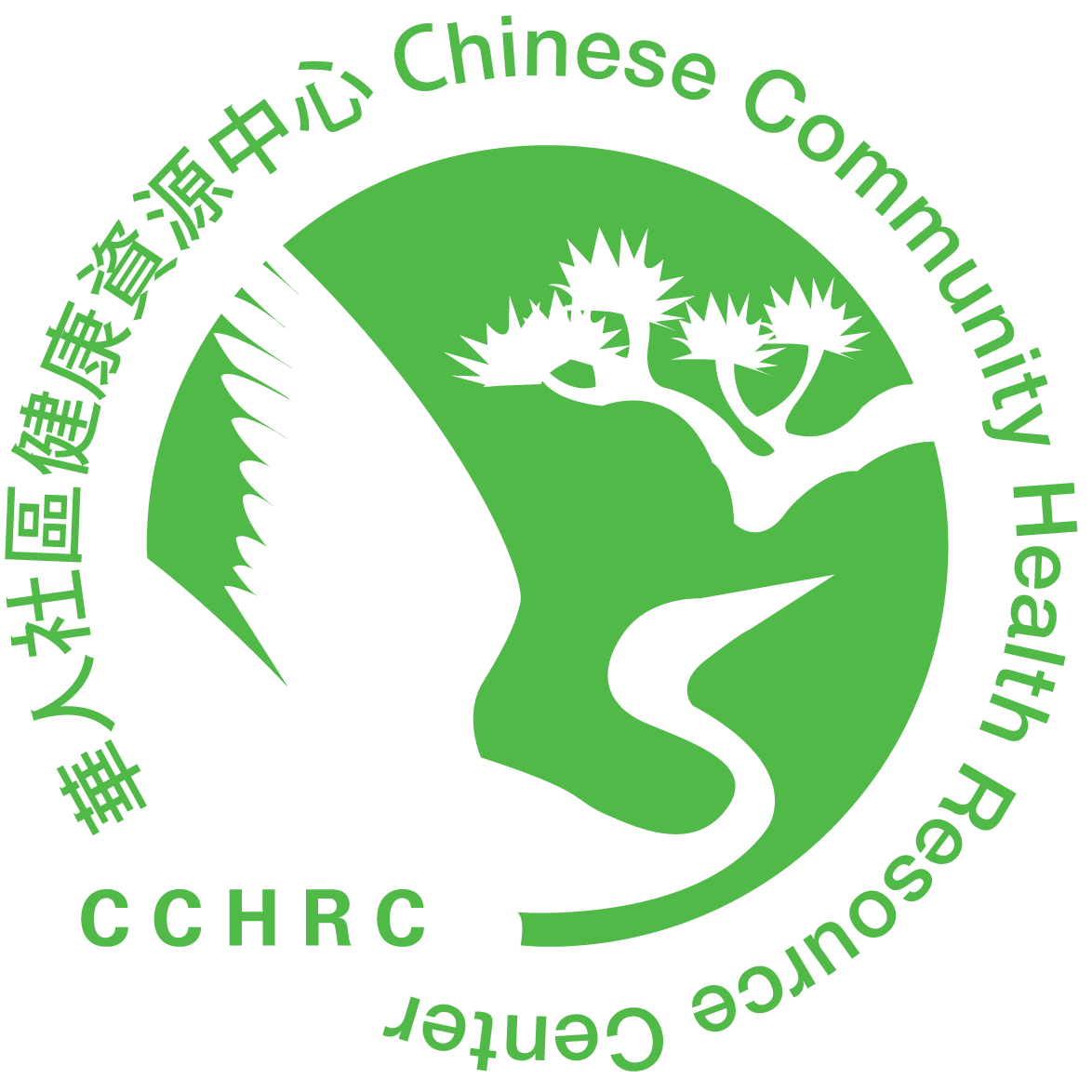What is Menopause?
Menopause refers to a time in a woman’s life when the monthly menstrual period becomes irregular and eventually stops. The ovaries produce less and less female hormone ESTROGEN, and fewer eggs during this time. For most women, menopause is a gradual process over many years and generally occurs between ages 45 and 55. You have reached menopause when you have not had a period for 12 months in a row.
Symptoms
Many women experience few or no symptoms. However, decreased estrogen production can produce the following symptoms in some women:
- Hot Flashes – a sudden feeling of warmth throughout the upper body or all over followed by heavy sweating. This feeling may last a few minutes or longer and can occur occasionally or frequently.
- Insomnia or disturbed sleep
- Vaginal dryness
- Mood changes
- Weakened bladder control
- Fatigue
- Headaches
- Lower backaches
- Decreased sexual desires
Long Term Health Risks
Hormonal changes can increase the risk of:
- Osteoporosis or thinning of the bones, which increases the chance of fractures
- Heart disease and stroke
Increase in total cholesterol, LDL (bad) cholesterol and a fall in HDL (good) cholesterol, which may contribute, to increased risk of cardiovascular events.
Ways to Reduce Symptoms
1. Hot Flashes
- Limit caffeine or alcohol
- Drink plenty of water
- Eat foods high in phyto-estrogen, such as soybeans, soybean curd, soy milk
- Keep cool and avoid overheated places
- Dress lightly and in layers.
2. Vaginal dryness
- Use water-based lubricants such as KY Jelly
- Use a vaginal estrogen cream that your doctor can prescribe.
3. Osteoporosis
- Include high calcium foods such as fat free milk or yogurt, soybean curd (firm tofu), dark green leafy vegetables, canned fish with bones
- Weight bearing exercise such as light weight training, walking, stair-climbing, dancing, aerobics
- Consider calcium supplements with vitamin D, prescription medication that increases the density, or strength, of bones.
4. Heart disease and stroke
- Follow a low saturated fat, low sodium (salt) diet
- Engage in regular aerobic physical activities such as walking, jogging, swimming, dancing
- Stop smoking
- Keep your weight in a healthy range.
You should check with your doctor for the best treatment of your symptoms.
Hormone Replacement Therapy (HRT)
Just about every woman was given hormone replacement therapy (HRT) during and after menopause. Many women took HRT for years. A study completed in 2002 showed that HRT relieved hot flashes and other symptoms of menopause, but does not help with other medical problems that can happen after menopause.
In fact, HRT has been shown to increase heart disease, stroke and breast cancer, and not have any effect on Alzheimer’s disease.
So, what should you do? Tell your doctor about your symptoms. HRT is being used in lower doses and for shorter periods of time (months rather than years). Do not feel that you have to suffer from lack of sleep or hot flashes. Some women do have severe symptoms and should talk with their doctor about HRT.
Menopause is a normal event in the lives of women. It is not a disease. Keep in mind that the symptoms of menopause will go away. Stay physically and mentally active as you go through this period of change in your life.
Copyright © 1996-2020 Chinese Community Health Resource Center
If you would like a copy of this health article, please click on the PDF button in the language you prefer. To view the PDF document, you’ll need Adobe Acrobat, which you can download here.
Bilingual:



